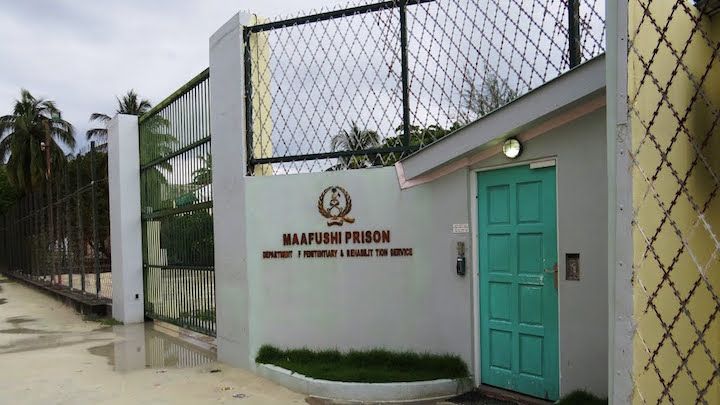Human rights watchdog assures probe of hunger strike in Maafushi jail
HRCM Vice President Shifaq Mufeed told the press that the hunger strike was prompted by “tightened security measures” but an informed source alleged that electricity was cut off and some inmates were beaten.

15 Mar 2017, 09:00
The Human Rights Commission of Maldives has assured an investigation into a hunger strike by inmates at the high-security prison on the island of Maafushi in Malé atoll.
Shifaq Mufeed, the HRCM’s vice president, told the press on Monday that the watchdog was told by the commissioner of prisons that the hunger strike was prompted by “tightened security measures”.
However, despite confirmation from the human rights watchdog, the spokesman of the Maldives Correctional Services denied reports of the hunger strike.
“Such an incident did not take place and we have no information about it,” MCS Information Officer Ahmed Luqman told the Maldives Independent on Tuesday.
Become a member
Get full access to our archive and personalise your experience.
Already a member?
Discussion
No comments yet. Be the first to share your thoughts!
No comments yet. Be the first to join the conversation!
Join the Conversation
Sign in to share your thoughts under an alias and take part in the discussion. Independent journalism thrives on open, respectful debate — your voice matters.




